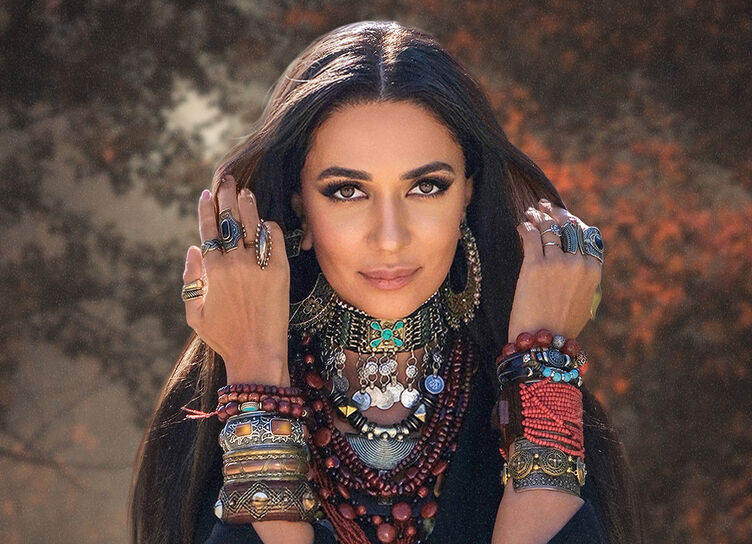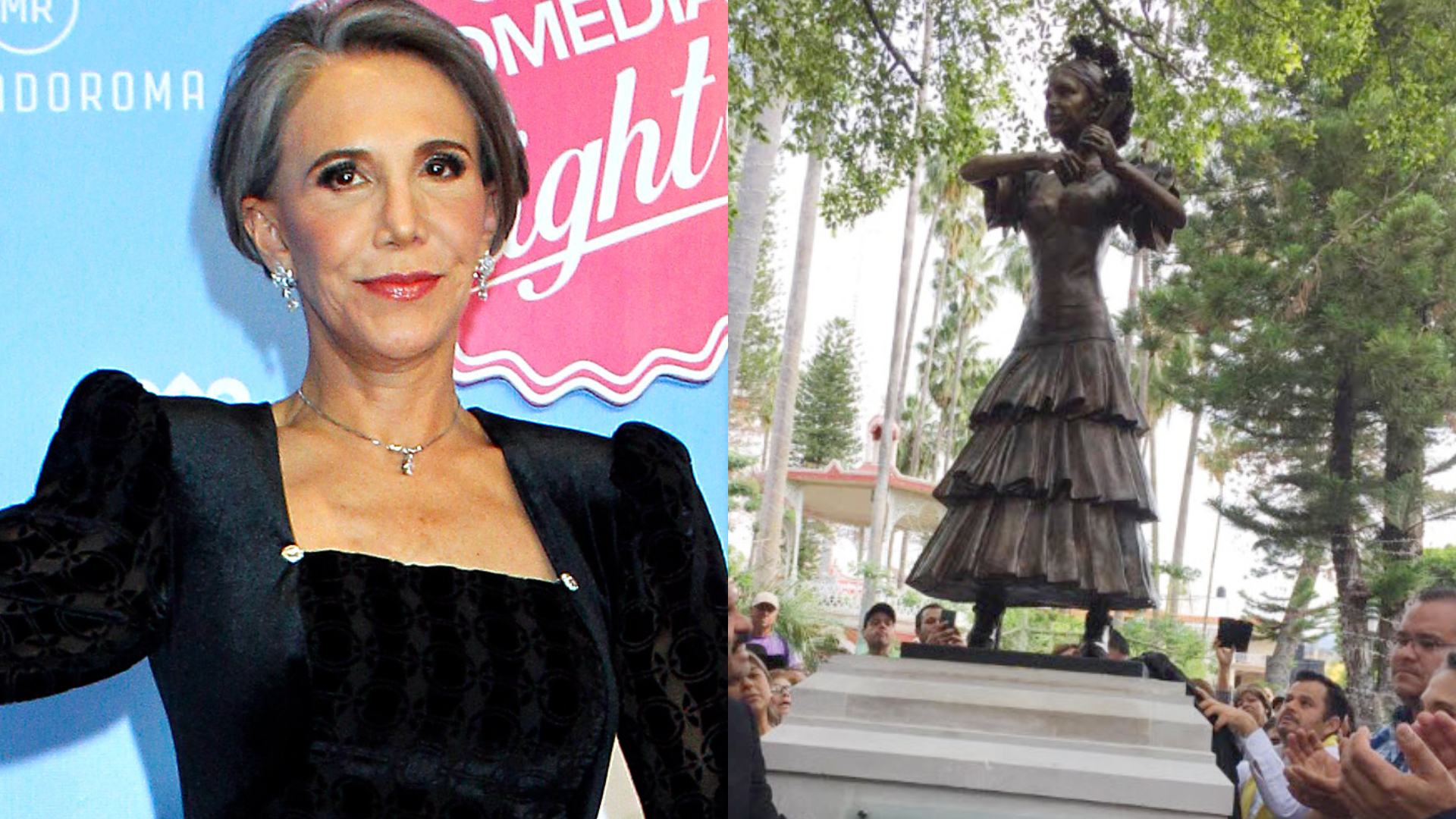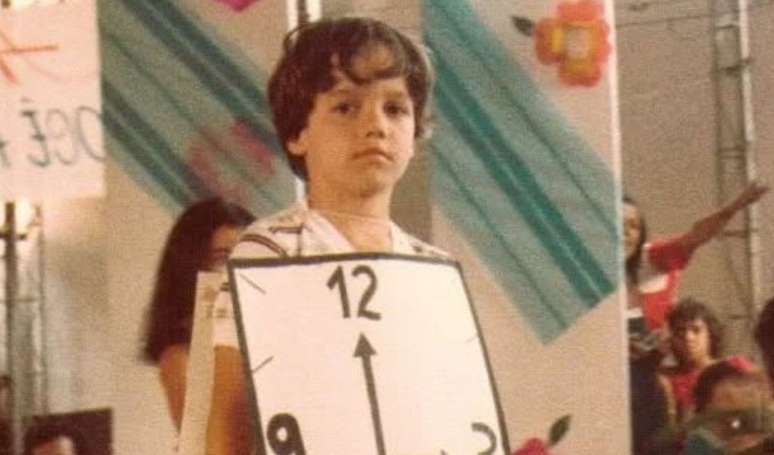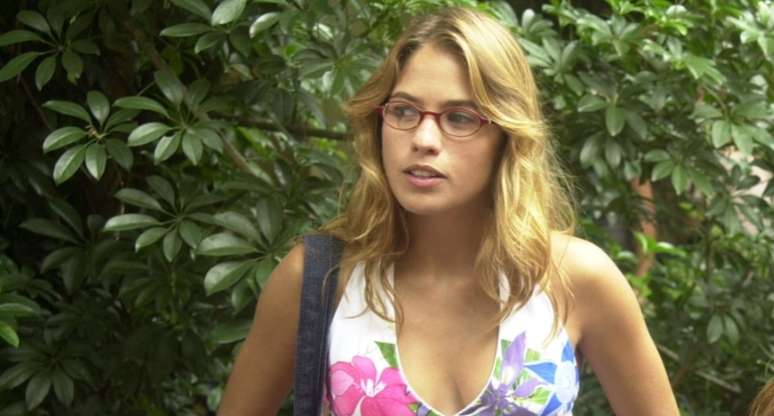You released an ethnic album “Klama dilê min”, translated from Kurdish — “Songs of My Heart” Tell us about this release. What can the listener expect? What compositions may be already familiar to fans of Kurdish music?
I tried writing for quite a long time, releasing concert performances at various music venues. And every time we got a great response from the listeners. Millions of views on video services, thousands of comments. Subsequently, this prompted me to release my debut ethnic album, which I called “Song of my heart.” Total in album — 10 compositions. You will hear old Kurdish folk songs and, of course, completely new compositions, the music for which was written by Yasmin Levy, a world-famous singer and musician. You are right, several singles have already been released. Among them — “Dayê”, dedicated to my mother and in her face to all mothers, as well as the clip “Welatê min” with the legend of the Kurdish scene — Shivan Perver.
What is Zara singing about in Kurdish? What is the main theme of the music of your heart?
Kurds — a long-suffering nation that has been fighting for its statehood for centuries. All the songs of this ancient people are about the journey of a person, his soul, and most importantly, about love. Love for parents, father’s house, partner, but this feeling is inextricably linked with deep homesickness. Surprisingly, in the 21st century, 40 million people are scattered around the world: East, Asia, Europe, America.
Often in folk songs there is the phrase “Mom, I’m wounded”, which sounds very beautiful in Kurdish: “Dayê, ez birîndar im”. It is the historical path of this people that is deeply rooted in its culture and traditions.

You — pop singer of Kurdish origin. Do you know anything about your relatives? Are there Kurdish traditions in your family, and if so, which ones?
First of all, there are several Kurdish holidays that we celebrate as a family. This is Navruz, which means “new day”. A big and beautiful holiday at the end of March. Day of spring equinox. People gather, sing songs, dance “govands”. I also cannot but name Aide Sersale, which marks the beginning of the year. We are preparing a traditional “kloch” pie, in which we put a bead or a coin, and whoever gets it, according to the dowry, will find happiness and wealth. Like all holidays, this day is also accompanied by songs.
Is national creativity somehow connected with your status as a UNESCO artist?
Partly yes. One of my activities as a UNESCO artist — development and support of cultural diversity. Formation of conditions for intercultural dialogue and interaction based on unconditional respect for each other, as one of the main goals of the Organization. In my projects and work, as far as possible, I try to uphold all these principles. For the first time, some of the songs from the album were presented at the International Festival of Ethnic Music “Music of Our Hearts”, which was organized in 2017 in Moscow under the auspices of UNESCO.
What is its uniqueness and what is its main task? Its uniqueness lies in the fact that the viewer gets acquainted and travels through the musical cultures and traditions of different peoples of the world. Each artist representing their country — and these are Israel, Georgia, Uzbekistan, Armenia, Belarus, Tatarstan, Turkey, Serbia, Russia — performed on the same stage. Today, more than ever, it is important to hear each other, to understand, to respect the contribution of each individual people to the formation of a global culture in which we live and in which our children will live.

Are you planning to do it this year?
Due to recent events, the festival is not possible this year. I sincerely believe that later we will again hold this musical festival of cultures of different peoples on the same stage. I know for sure that the emergence of “Music of Our Hearts” inspired others to create similar projects. — both television and local, taking place in different regions of the country. And it’s very nice.
Many artists create a second project for themselves to perform ethnic music. What do you think the popularization of national culture is connected with?
national music — out of time, out of trends. Sooner or later we all return to our roots. This is how we get to know other peoples, understand more clearly what left a mark on their culture and what event this may be associated with. Over the past few years, I got acquainted with the music of the peoples of the Caucasus, Central Asia, Spain, Serbia. Thanks to this experience, I seemed to see an amazing palette of colors and shades with which the identity of this or that people is full.
See how often sound bites from ethnic songs are taken and overdubbed with a modern beat, which gives the song a contemporary sound. This is how ethnicity is popularized. Dozens of remixes were made for the song “Dle Yaman” performed by me in Armenian, having collected millions of plays in different countries. All this suggests that ethnic music will always be in demand.

In your opinion, does ethnic music have a chance to become popular in our country? Or support for nationalities and endangered languages — more tribute to your roots?
Ours is a multinational country. More than 180 languages are represented on its territory, which means that each of them inherits a certain culture and identity. Ethnic music, in my opinion, is not about mass character, but at the same time it has always been and will be a part of our life. A certain cultural code that is absorbed by us from childhood. It is valuable to preserve this heritage. The richer the culture, the more complex and interesting we are.
Is there a song on the album that is of particular importance? Which one would you prioritize in terms of importance?
For me, this is a difficult question. Each song holds a special place in my heart. For several years, musicians from Turkey, Kazakhstan, Armenia, Israel, America worked with me, painstakingly painting every detail of this album on the canvas. I studied the music of my people, gave the songs a special sound. Invaluable experience — to work on compositions created especially for me in tandem with Yasmin Levy, whom I spoke about earlier, and the Kurdish singer Tara Mamedova, who wrote the poems. I can’t help but highlight the song “Dayê”, which I dedicated to my mother. Here the image of the mother is shown not only as the one who sacrifices herself for the sake of her child, her continuation, but it is also the image of the motherland that unites us.
For me, this is a new important facet of my work. I am sure that it will definitely resonate with the European listener and irrevocably fall in love with the bright world of ethnic music.

Source: Hellomagazine
Ashley Fitzgerald is a journalist and author at Gossipify, known for her coverage of famous people and their lives. She writes about a wide range of topics, including celebrities, influencers, social media stars, and public figures. Her articles are known for their in-depth analysis and unique perspective. She is respected for her ability to keep readers up to date with the latest news and trends of the famous people.









